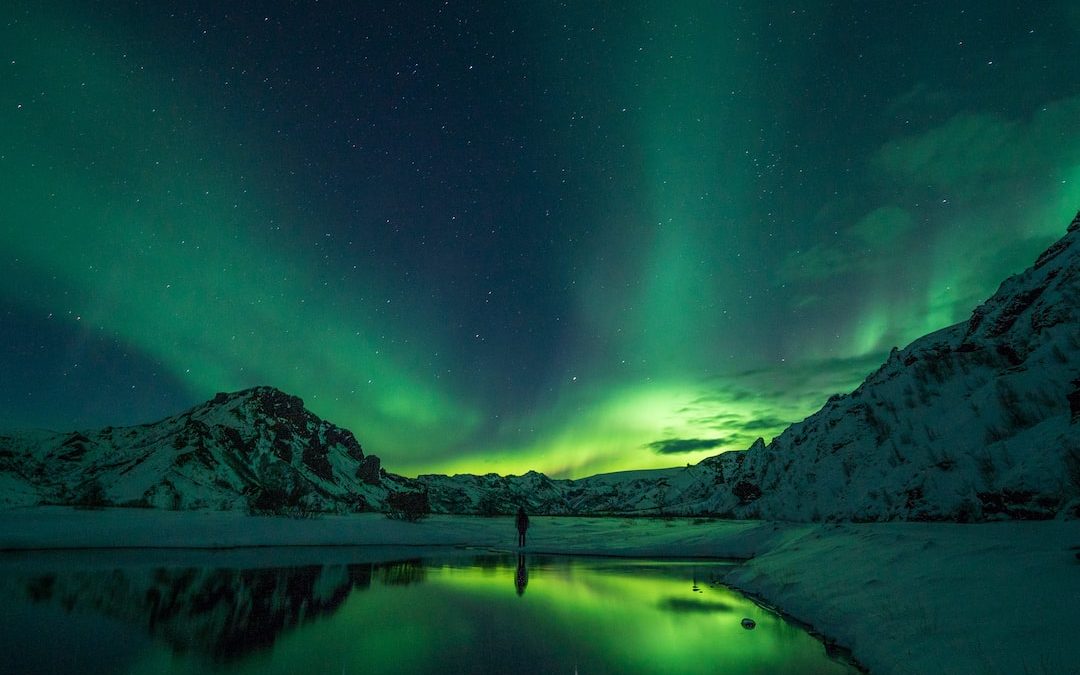Table of Contents
Discover Reykjavik’s History: 5 Museums to Visit
Introduction
Reykjavik, the capital of Iceland, has a long and fascinating history as one of the oldest cities in the world. For those looking to explore the city’s past, there are many different museums and historic sites to visit. Here are five of the best museums in Reykjavik for those interested in learning about the city’s history.
National Museum of Iceland
The National Museum of Iceland is located in the heart of Reykjavik and is one of the most visited museums in the city. The museum houses a large collection of artifacts that tell the story of Iceland’s history from the earliest times to the present day. The museum also features a range of interactive exhibits that allow visitors to discover more about the country’s past.
The National Museum of Iceland is a great place to start exploring Reykjavik’s history. It’s especially interesting to explore the artifacts from the Viking Age, which include jewelry, weapons, tools, and other items used by the Vikings. There are also interactive displays that explain how the Vikings lived and the role they played in shaping the history of Iceland.
Reykjavik City Museum
The Reykjavik City Museum is located in the old city hall building and is dedicated to the history of Reykjavik and its people. The museum features a range of interactive exhibits that explore the city’s past, including its political and cultural evolution. There are also a number of artworks, photographs, and documents that tell the story of the city’s development over the centuries.
The Reykjavik City Museum is a great place to learn about the city’s history and how it has changed over time. There are interactive displays that explain the city’s development from a small fishing village to a modern metropolis. Visitors can also explore the traditional Icelandic art, music, and literature that has shaped the city’s culture.
Reykjavik Maritime Museum
The Reykjavik Maritime Museum is located in the old harbor area of the city and is dedicated to the history of seafaring in Iceland. The museum features a range of interactive exhibits that explore the country’s maritime heritage, from ancient fishing boats to modern cargo ships. There are also a number of artifacts that tell the story of the Icelandic people’s relationship with the sea.
The Reykjavik Maritime Museum is an interesting place to explore the city’s maritime history. Visitors can learn about the traditional boats used by the Icelandic people and how they were used for fishing and trade. There are also interactive displays that explain the importance of the sea to the Icelandic economy and how it has shaped the country’s culture and identity.
National Gallery of Iceland
The National Gallery of Iceland is located in the city center and is dedicated to Icelandic art from the 19th century to the present day. The museum features a range of artwork from a variety of different artists, both Icelandic and international. There are also a number of interactive exhibits that explore the history of Icelandic art and its influence on the country’s culture.
The National Gallery of Iceland is a great place to explore the country’s art and culture. Visitors can learn about the different artistic movements that have shaped Icelandic art over the centuries, such as expressionism and abstract art. There are also interactive displays that explore the influence of Icelandic art on the rest of the world.
Reykjavik Art Museum
The Reykjavik Art Museum is located in the city center and is dedicated to the history of Icelandic contemporary art. The museum features a range of artwork from a variety of Icelandic artists, both contemporary and modern. There are also a number of interactive displays that explore the influence of Icelandic art on the country’s culture and identity.
The Reykjavik Art Museum is a great place to explore the city’s modern art scene. Visitors can learn about the different artistic movements that have shaped Icelandic art in recent decades, such as pop art and minimalist art. There are also interactive displays that explain the influence of Icelandic art on the rest of the world.
Conclusion
Reykjavik is a city with a long and fascinating history, and there are many different museums and historic sites to visit. The National Museum of Iceland, Reykjavik City Museum, Reykjavik Maritime Museum, National Gallery of Iceland, and Reykjavik Art Museum are all great places to explore the city’s history and culture. Each of these museums has a range of interactive exhibits that allow visitors to discover more about the city’s past and its influence on the world.












